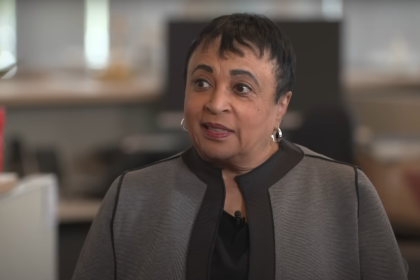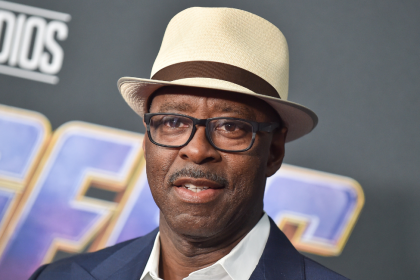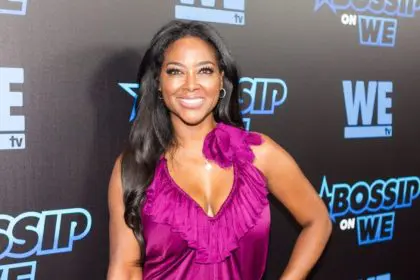
This summer marks the 100th anniversary of the National Parks Service, and it just so happens this writer has a goal over the next few years to visit all of the U.S. national parks. Recent research indicates this makes me quite the anomaly. While record numbers of tourists are expected to turn up to take in the scenic preserved landscapes, Black Americans are predicted to be notably absent.
The latest research on the subject comes in the form of a University of Missouri School of Natural Sciences study intending to find out why so many Black people choose not to enjoy some of the country’s greatest natural resources. Dr. KangJae Lee, the study’s lead author, focused on Cedar Hill State Park, just 10 miles southwest of Dallas, TX in a predominately middle-class, Black community. “Bourdieu and African Americans’ Park Visitation: The Case of Cedar Hill State Park in Texas,” published June 1 in Leisure Sciences, points to generational racism and prejudice as reasons the park draws so few local residents.
A very significant piece of history is noticeably absent from park signage and literature referring to the former plantation as a “farm.” Lee refers to a Texas Parks & Wildlife Department report noting previous land owner John Anderson Penn and his sons acquired several enslaved Africans.
“For example, Joseph R. Penn’s property value nearly tripled, from $2,190 in 1855 to $6,100 in 1860, and the Penn brothers’ economic prosperity continued until the Civil War,” Lee wrote. “Family lore suggested that John Anderson Penn’s sexual promiscuity with a female slave caused a serious rift between him and his sons. [His] divorce and subsequent return to Illinois in the 1860s may support this notion.”
Such revisionist history can be found in similar omissions at parks and other public facilities across the country.
“So the question is: Whose story needs to be told to the public and future generations? African Americans I interviewed firmly believed that African American history needs to be told at these parks,” Lee said in a university press release.
Last year, visitors to America’s National Parks supported 295,000 jobs, providing $11.1 billion in labor income and $32 billion in economic output to the U.S. economy by spending a reported $16.9 billion in communities within 60 miles of a national park, according to a Service report released in April. Those figures represent a boost for the national economy and it could be made much bigger by courting the powerful Black dollar.
Another reason Blacks tend to stay away is a bitter history of them, or their elders in the past, being made to feel unwelcome at parks. This does not turn away the many Blacks who enjoy recreational activities at Stone Mountain Park in Atlanta, despite its history as a KKK meeting place and the Confederate soldiers prominently carved into its side.
Obstacles like these don’t keep members of Outdoor Afro away, either. According to its website, the group started as a modest blog by founder and CEO Rue Mapp in 2009, and it has grown into a national organization with leadership networks around the country. With over 60 leaders in 28 states from around the country, the Oakland, California-based organization strives to help lead the way for inclusion in outdoor recreation, nature, and conservation.
The innovative approach of groups like Outdoor Afro has successfully connected thousands, especially from the Black community, to nature and the benefits of spending more time outdoors. Hopefully, we will all take advantage of national and state parks that our hard-earned tax dollars are paying for.











